Chef Yotam Ottolenghi Brings an International Perspective to Santa Barbara
Renowned Cookbook Author and Restaurateur Dishes on ‘Comfort,’ and Our Common Connections Through Food
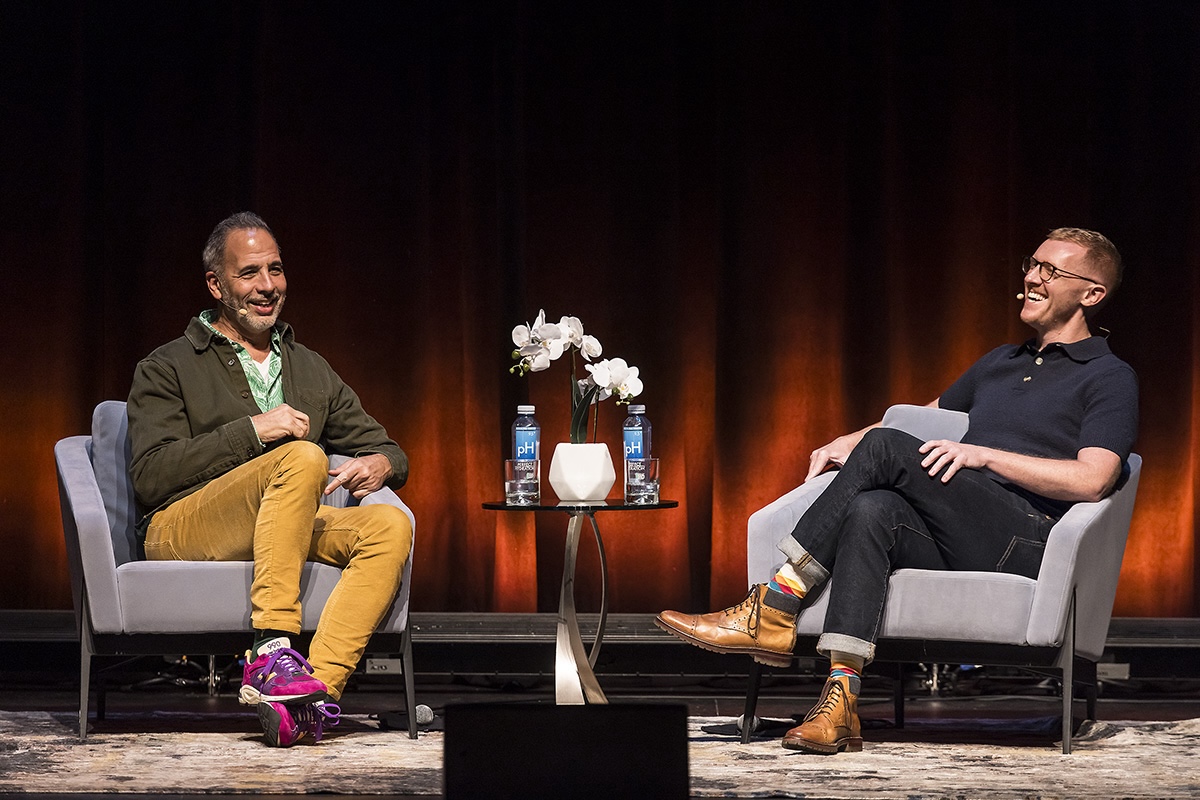
Something flavorful, fun, and thoughtful was cooking at the Granada when acclaimed chef, restaurateur, and best-selling cookbook author Yotam Ottolenghi took the stage for a Q&A with former Los Angeles Times cooking columnist Ben Mims. Presented by UCSB Arts & Lectures, the October 14 event was part of the London-based Ottolenghi’s promotional tour for his latest cookbook, Comfort.
“The joy of cooking is not just the joy of cooking, it’s also the joy of feeding,” said Ottolenghi, who owns the highly rated NOPI and ROVI restaurants in London, as well as six London-based delis.
This is Ottolenghi’s 11th book, and Mims is also a James Beard–nominated author of three cookbooks — including Crumbs: Cookies and Sweets from Around the World (2024) — so not surprisingly, much of the discussion centered around the world of cooking, food, and recipes. Ottolenghi brings a truly international perspective to his world view, having been born in Israel, he moved to Amsterdam after college to work at a Dutch-Jewish weekly, then later to London to study French cooking at Le Cordon Bleu. Working in London, he became friends and business partners with Palestinian chef Sami Tamimi (they grew up just a few miles apart on opposite sides of the Israeli-Palestinian conflict, in Jerusalem) and they co-authored Ottolenghi’s debut cookbook, Ottolenghi, published in 2008, as well as a collection of recipes titled Jerusalem in 2012.

His current book didn’t start out with Comfort as the title, Ottolgenghi explained, “Helen [Goh, his co-author] and I wanted to call it ‘the food we love,’ but we decided not to because it made it sound like we don’t love all the food we make!” Instead they decided to focus the book on food that has an emotional connection. “Food that resonates with the past, but not necessarily childhood,” he said.
The book, which also has Verena Lochmuller and Tara Wigley as co-authors, has recipes for high impact but relatively simple to make pasta, soup, meatballs, potatoes, meatloaf, ramon, rugelah, crepes, and hummus.
Those last two dishes took the spotlight after intermission, when Ottolenghi and Mims did a live cooking demonstration — which was admittedly, due to fire regulations, more of a live assemblage demonstration — topping pre-prepared crepes with a variety of audience-voted upon ingredients. Alas, members of the audience only interacted digitally, but for one lucky woman, Joni DeLuccio, who was pulled up on stage to sample the dishes.
A short Q&A with audience members followed the demo, including one question about if food could actually be a path to peace. Ottolenghi replied, “It’s very important to talk about what goes on now in Israel, Palestine, Lebanon, and I’m stumped by that. I kind of have to bring it up because I’m heartbroken, because it’s just such a terrible situation that we’re in now. We can’t see the end of it. I feel I’ve been asked a lot in the past whether food has the power to heal in cases of such conflict, and I’ve always believed that food cannot, on its own, heal anything like that, because it’s from bigger forces than those that food can represent. But there is something about the commonality of that cuisine. When Sammy and I were writing Jerusalem, we really were trying to find and … found all those common denominators that different countries in Jerusalem would have. In Jerusalem there are immigrants, Jewish immigrants, from Arab countries, from Egypt and from Iraq and from Iran and from Morocco and Libya, and they all come together.”
He continued, “For the longest time, these people shared the language, the cuisines. And I really am completely heartbroken that you know that that doesn’t exist right now, but perhaps one day it will help, because this kind of food is an incredibly powerful tool.”


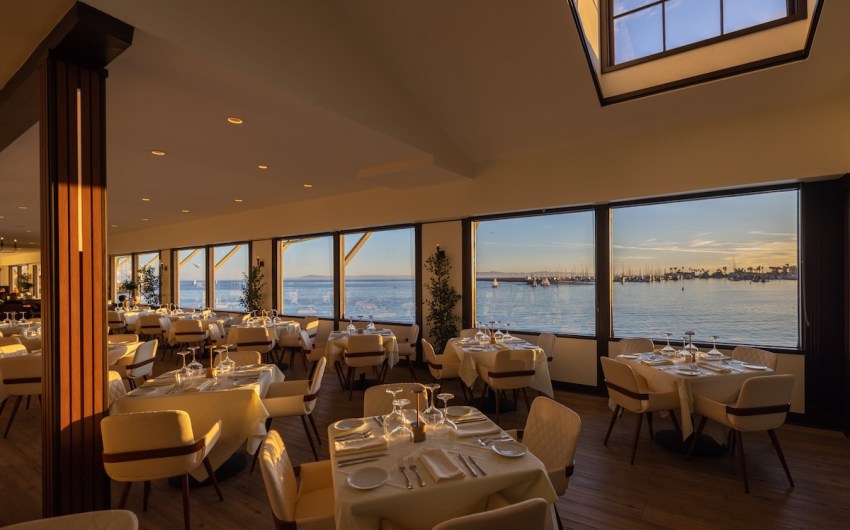

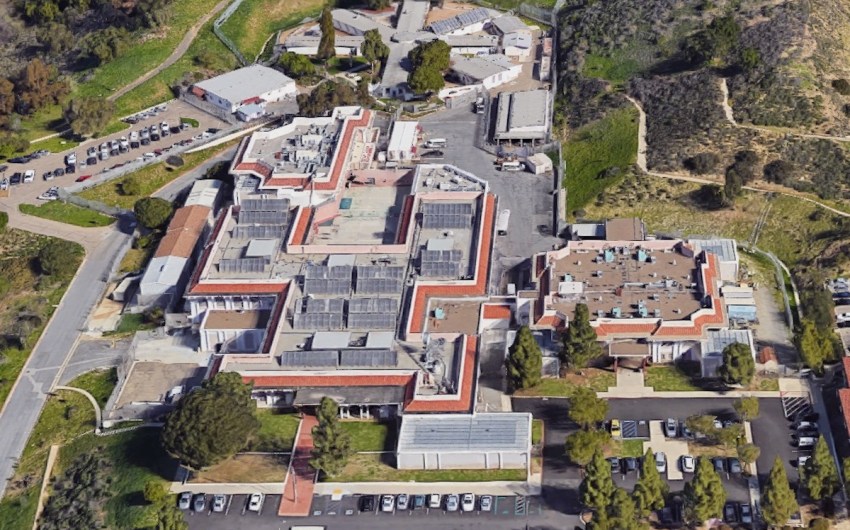

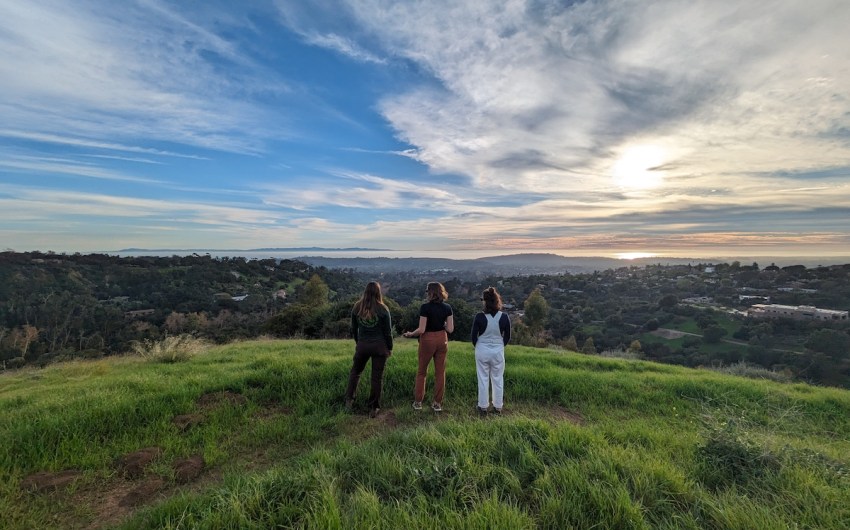

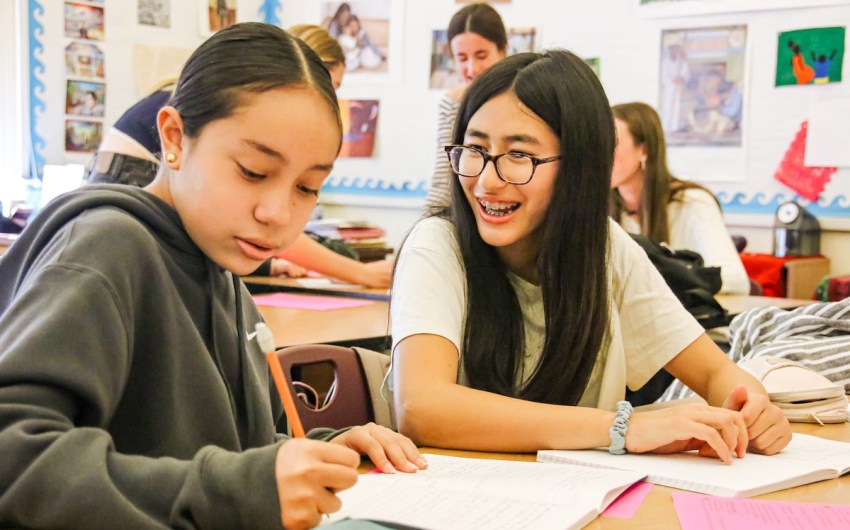
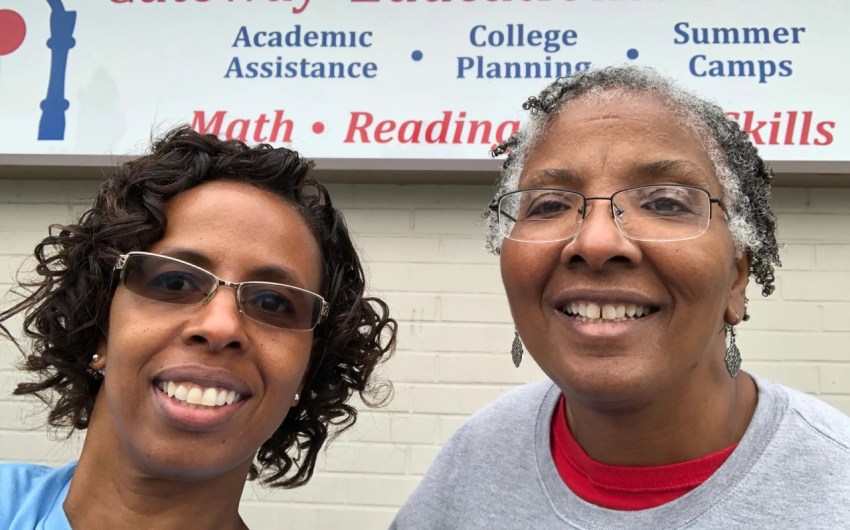


You must be logged in to post a comment.